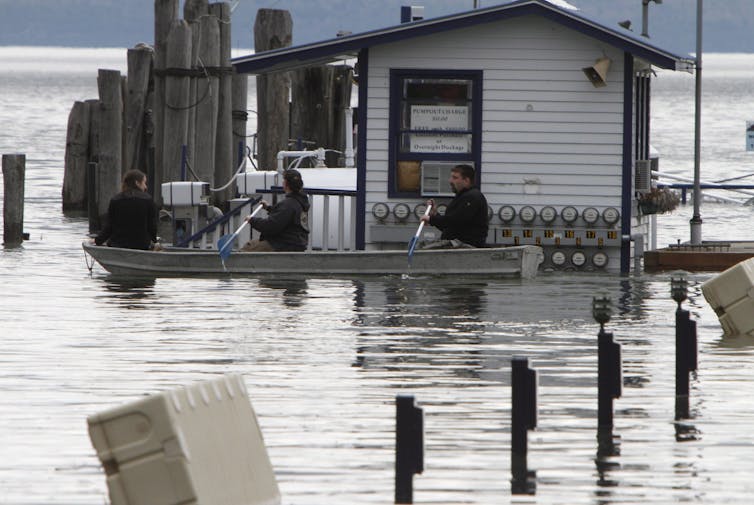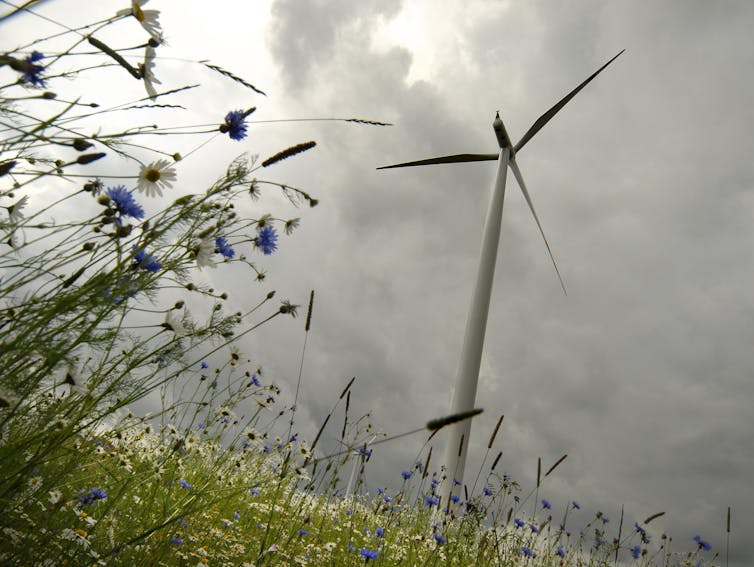A new access paper co-authored by Geography and Tourism Studies Assistant Professor, Dr. Julia Baird, titled “Fostering ocean empathy through future scenarios” was published in People and Nature. This paper is open-access and is available to download here.
Abstract:
- Empathy for nature is considered a prerequisite for sustainable interactions with the biosphere. Yet to date, empirical research on how to stimulate empathy remains scarce.
- Here, we investigate whether future scenarios can promote greater empathy for the oceans. Using a pre-post empathy questionnaire, participants (N = 269) were presented with an optimistic or a pessimistic future scenario for the high seas in a virtual reality (VR) or written format.
- Results showed that post-test empathy levels were significantly higher than pre-test levels, indicating that future scenarios fostered ocean empathy. We also find that the pessimistic scenario resulted in greater empathy levels compared to the optimistic scenario. Finally, we found no significant difference between the VR and written conditions and found that empathy scores significantly decreased 3 months after the initial intervention.
- As one of the first studies to empirically demonstrate the influence of a purposeful intervention to build ocean empathy, this article makes critical contributions to advancing research on future scenarios and offers a novel approach for supporting ocean sustainability.
Video Abstract: “Fostering ocean empathy through future scenarios”
Citation:
Jessica Blythe, Julia Baird, Nathan Bennett, Gillian Dale, Kirsty L. Nash, Gary Pickering, Colette C. C. Wabnitz. (2021). Fostering ocean empathy through future scenarios. People and Nature. Online: https://doi.org/10.1002/pan3.10253

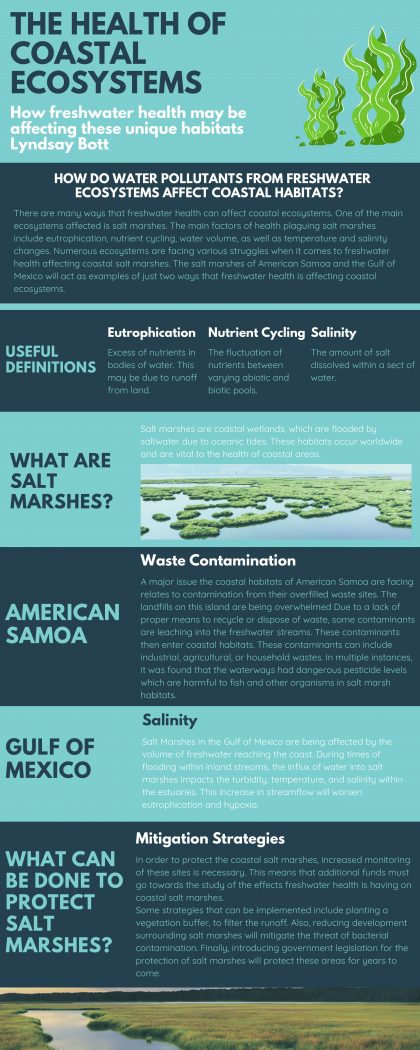
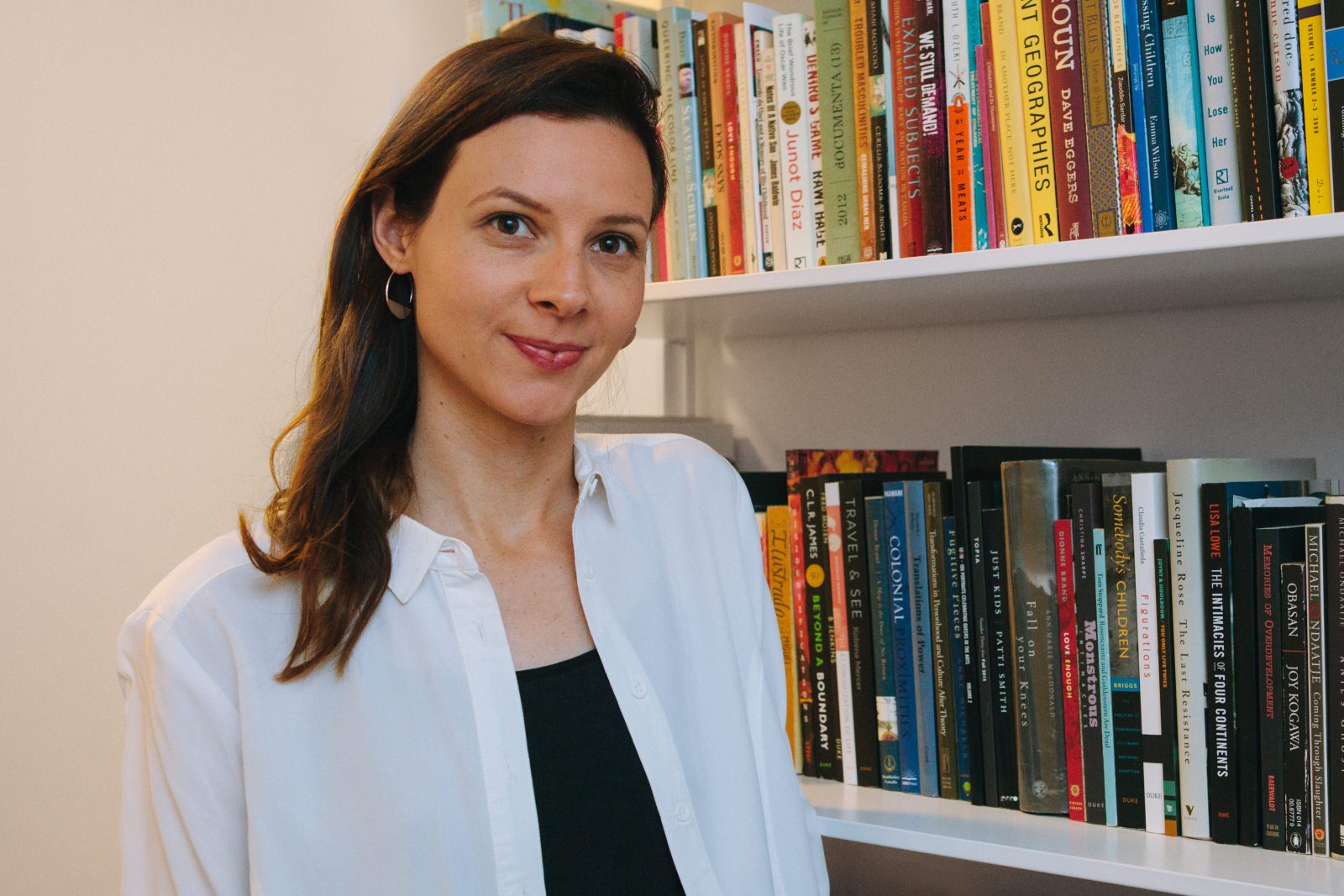



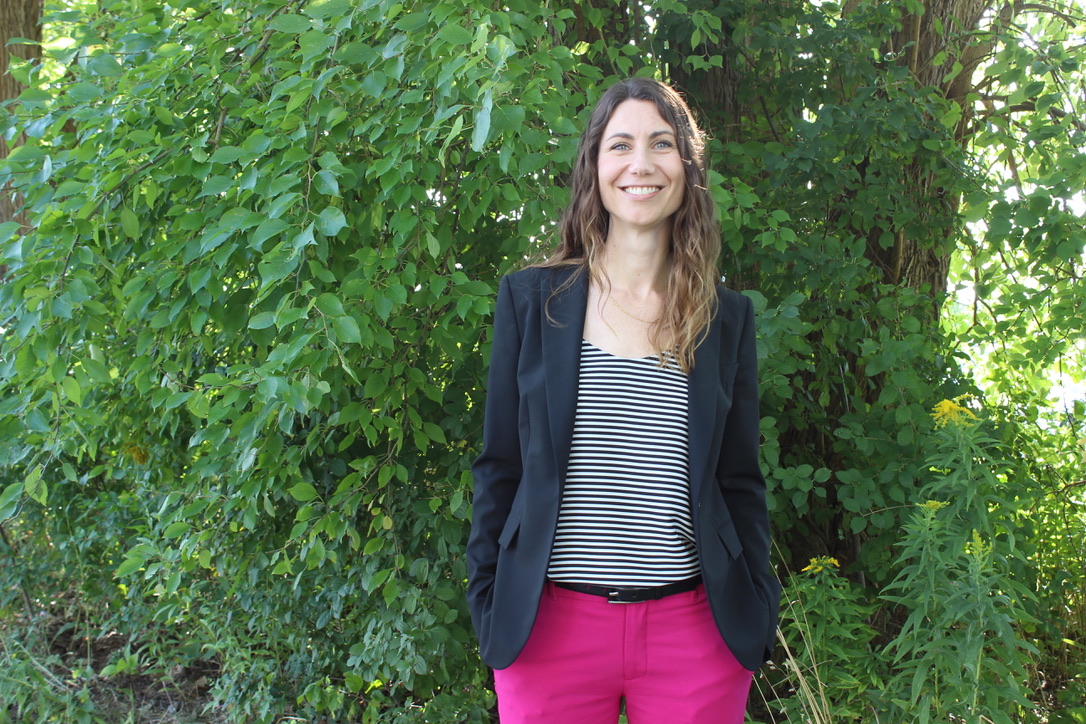
 The Department of Geography and Tourism Studies would like to congratulate Dr. Julia Baird for being selected as a finalist for a 2019 Water’s Next award. This “awards program honours the incredible achievements and ideas of individuals and companies that successfully work to make a positive change to water in our country and abroad”. Dr. Baird was selected as a finalist in the People – Academic category.
The Department of Geography and Tourism Studies would like to congratulate Dr. Julia Baird for being selected as a finalist for a 2019 Water’s Next award. This “awards program honours the incredible achievements and ideas of individuals and companies that successfully work to make a positive change to water in our country and abroad”. Dr. Baird was selected as a finalist in the People – Academic category.